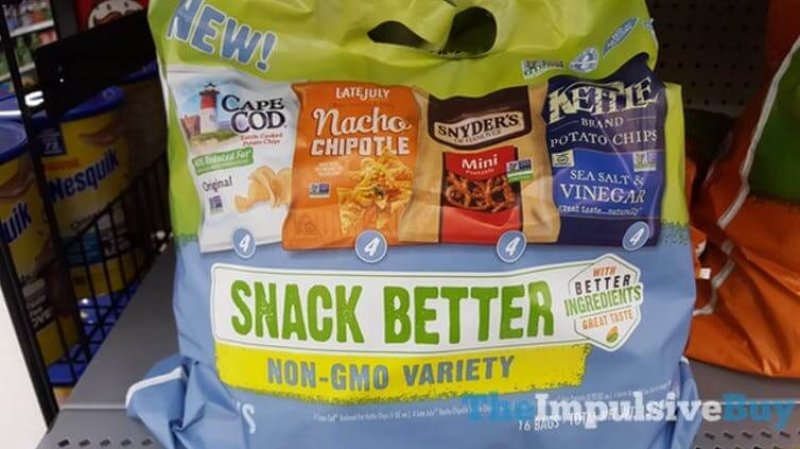…. [A]bout a quarter of adults are trying to manage a health or medical condition through their food and beverage choices. Younger adults are expressing these desires in greater numbers as well. For example, when asking about foods that promote brain health, adults ages 18-24 are 45 percent more likely to express an interest these products compared to 35- 44-year-olds.
This signals a dramatic shift from decades ago when the typical U.S. consumer was more reactionary when it came to health needs and typically changed behaviors after an illness threatened the individual’s well-being.
The extent of the proactive health movement is far reaching and has created new standards for the food and beverage industry. More consumers are checking labels for preservatives and now more than half of adults try to avoid them. We also see strong growth in non-GMO and organic products since these are viewed as healthier by consumers.
[Editor’s note: Read GLP’s FAQ Are organic foods healthier than conventional foods? to learn more.]
Read full, original article: Can Food Be Thy Medicine? Many Consumers Say Yes































